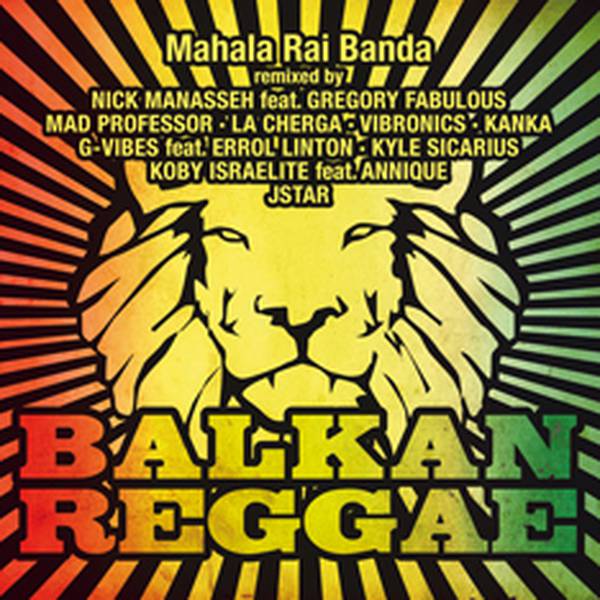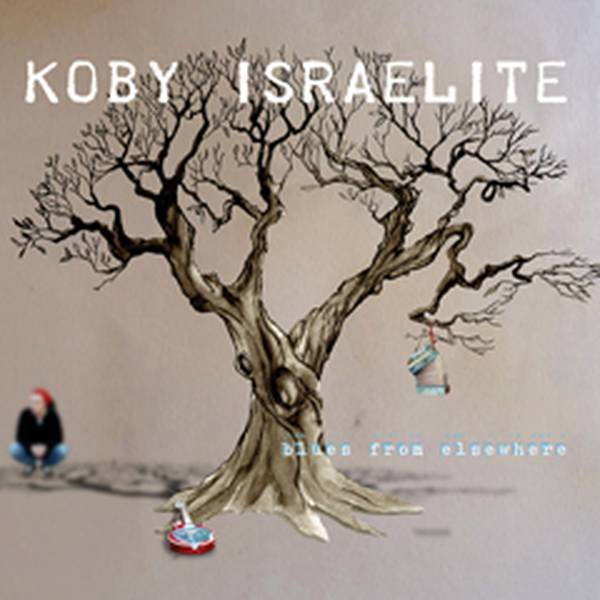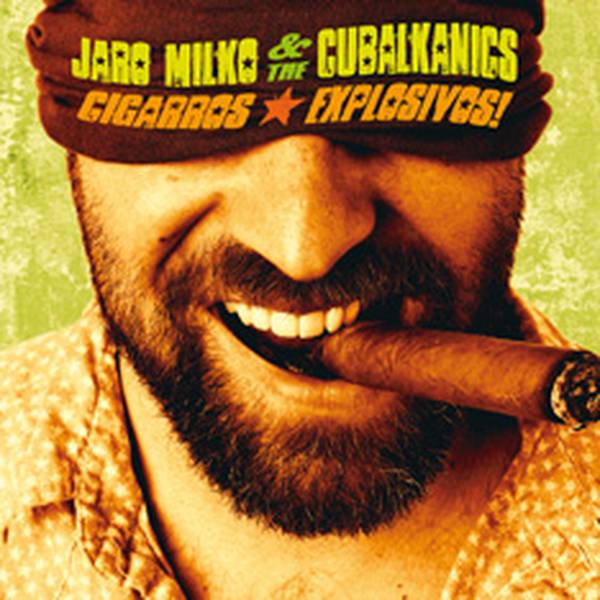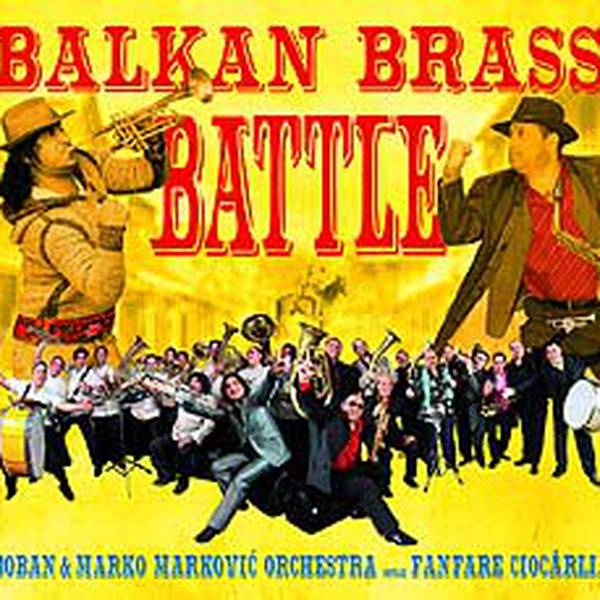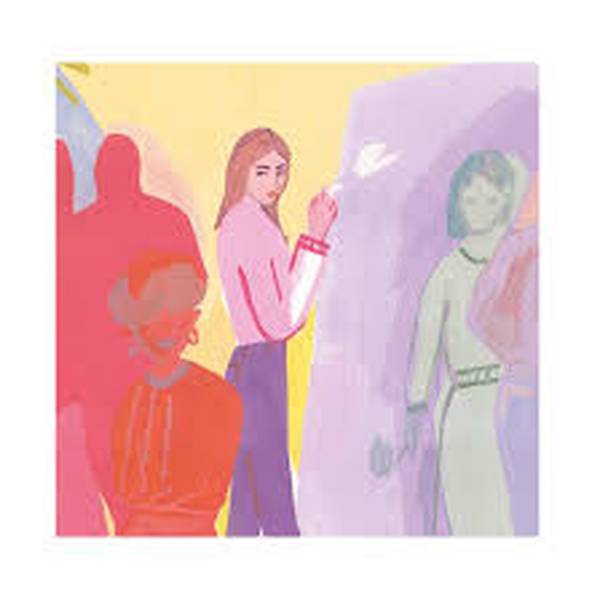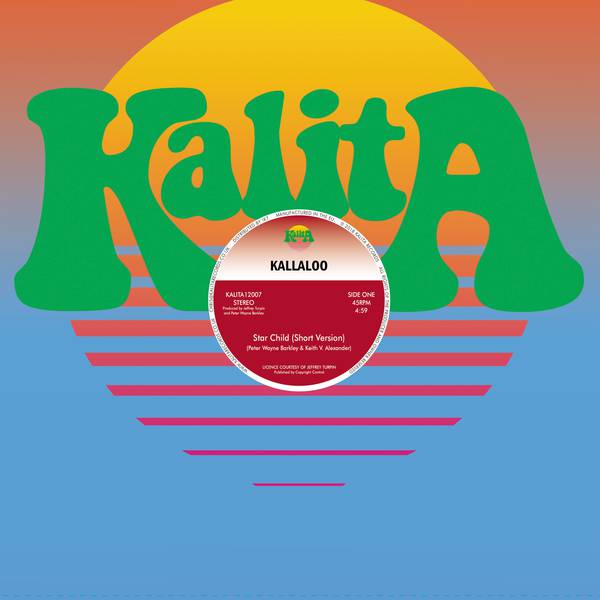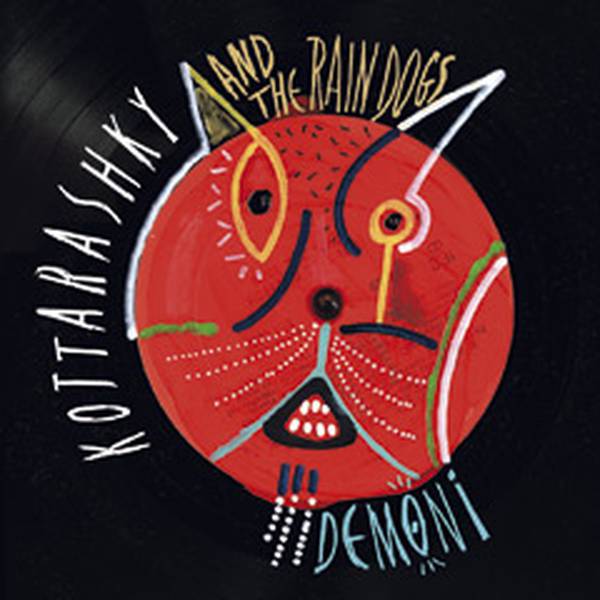
Tax included, Shipping not included
Kottarashky aka Nikola Gruev opened the door to hitherto undiscovered spaces of Balkan music with his first album "Opa Hey!" in 2009. His approach of using a collection of sounds taken from authentic field recordings is quite similar to artists like AMON TOBIN, the only difference being that Gruev found and recorded his sources in the Bulgarian countryside. Combining these, he initiated a tribal digital dance music that went far beyond either the mash up culture of contemporary global producers or the art collages of modern sound architects. He simply amazed with compositions that are extremely complexly woven, yet at the same time catchy, and full of joy or melancholy. At the time however, Kottarashky was unknown, even within his local scene in Bulgaria. It was all the more unbelievable that this dude, who was actually a full-time architect, was producing outstanding tunes and unique rhythms such as these in his back office that were completely unconnected with any popular scenes.
This coincided with a general trend in Sofia of creativity moving into the private sphere. It seems to have been a reflex to the current situation in Bulgaria today, where a group of neo-feudalists have consolidated their positions and their profits, at the same time however, maneuvering the scene in the country into torpor and oppressing all criticism through their domination of the media market. It is a situation where the mainstream outweighs everything else, yet this absence of diversified cultural channels has provided wide-ranging mental free space for the creative. It is clearly this environment that stimulates Kottarashky's innovative and profound style.
Triggered by the success of "Opa Hey!", it was obvious to Kottarashky that he now had to transform his tracks into live performances. Once again, he decided not to take the easy way out by playing as one-man laptop band or by surrounding himself with a group of session musicians from the folk scene. Along with his friend Hristo Hadzhiganchev (keyboard, guitar, vocals), he searched for musical companions who had both the skills to transform his sound sketches into a live experience and the curiosity to attempt new experiments. Influenced by artists such as Tom Waits, Jimi Hendrix and Dr. John, they formed a weird band combining Kottarashky's sampler tools and keyboard with traditional clarinet, guitar, bass and drum set. In their first live concerts in 2010, Kottarashky& The Rain Dogs delighted the crowds with their own sound which oscillates somewhere between traditional Bulgarian Balkan music, soul and rock from the 60s.
Bulgaria has plenty of extraordinary musicians, however its live culture is really starving for concerts by bands which play something other than cover versions. In the end, Kottarashky& The Rain Dogs have attracted so many people that the band has become the most booked serious live band performing in Bulgaria today. It was only a matter of time before they got down to recording the album "Demoni". Although Kottarashky's first album included plenty of ideas for a live album, "Demoni" only features one track from "Opa Hey!". Kottarashky& The Rain Dogs recorded eleven fresh tracks that take us into a whole new universe of advanced Balkan Funk and Blues. The compositions still carry the unique Kottarashky sound from the field recordings and his authentic samples. Yet as all the songs have been recorded as band studio sessions, they now feature the pure impact emanating from the clarinet improvisations and the groovy combination of programmed tribal loops with funky drum play. As a guest musician, they invited Tui Mamaki, singer and composer of the amazing band The Mamaku Project from New Zealand. Although still an insider's tip, this band impressed audiences with their free compositions and Tui Mamaki's theatric vocals on their tours through Europe. Last year, after travelling to Bulgaria with the The Mamaku Project, Tui fell in love with the country. As a direct result of this, her band became good friends with Nikola Gruev. Her vocals on the song "Begemot" interweave Soul music with psychedelic Gypsy styles from the Balkans. Coincidentally, this track closes the circle of the album. It is named for a character from Mikhail Bulgakov's "The Master and Margarita"(one of the most highly regarded Russian novels of the 20th century), Begemot - the cat demon which evokes the Bulgarian meaning of Kottarashky as a tomcat, along with the album's name.
Details
Genre
Release Date
30.11.2015
Cat No
LP-ATR 3412
Produkt- und Herstellerinformationen


